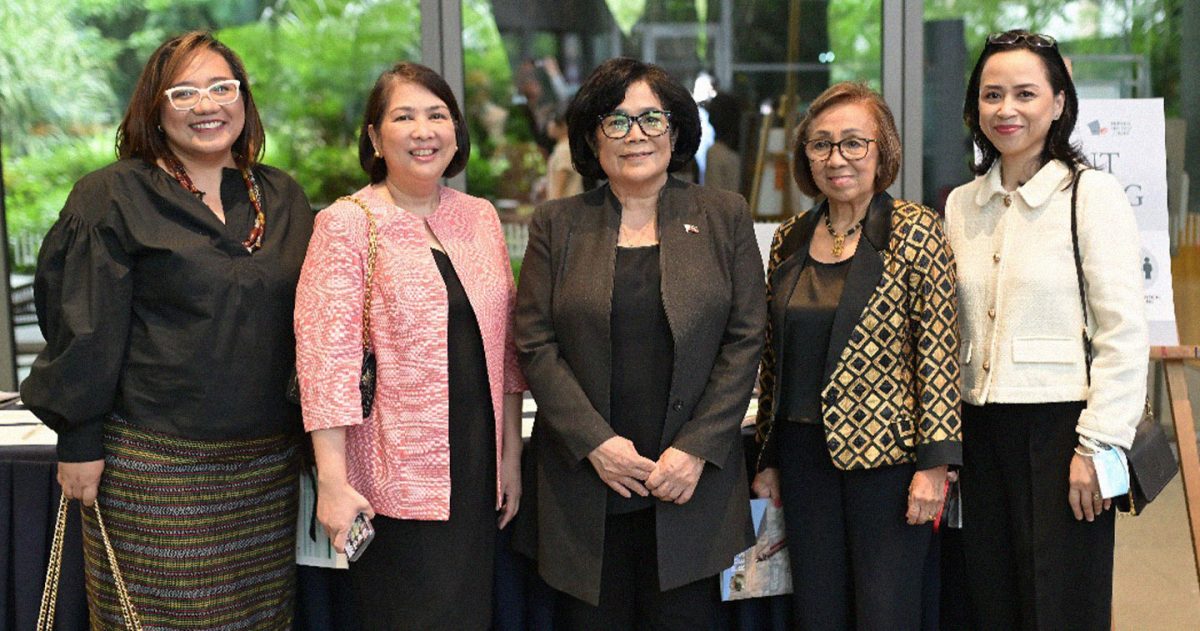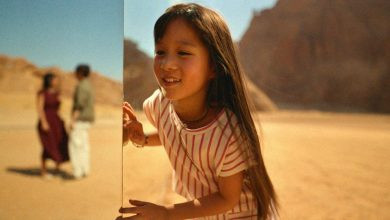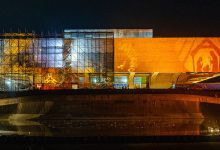MANILA, PHILIPPINES — Non-government organization Diwata – Women In Resource Development (Diwata) celebrated its 10th Anniversary on July 18 with a cocktail reception at the Ayala Museum, the same venue where it was launched on Nelson Mandela Day in 2012.
Diwata was not able to hold in-person activities during the pandemic, dubbed its “lost year,” and decided to mark its 10th anniversary this year.

Diwata advocates for the responsible development of the Philippines’ wealth in resources, principally in extractive industries such as mining, oil and gas, quarrying, and other mineral resources from the earth for processing. Since its founding, Diwata has consistently provided a platform to promote the responsible development of the Philippines’ wealth in resources. The organization also promotes initiatives to protect the land and communities, particularly indigenous people, with its flagship project “Tanging Tanglaw: Turning IP Grandmothers into Solar Engineers” focusing on improving the livelihood, health, education, and culture of indigenous people.
Diwata was founded by Ambassador Delia Domingo Albert, a Filipina career diplomat who served as the first female and 23rd Philippine Secretary of Foreign Affairs. She also previously served as Special Envoy for Mining and chaired the Minerals Development Council.
Ambassador Albert recounted that “challenged by the slackening situation” in the mining industry, she decided to re-group the former members of the Minerals Development Council. Since the initial meeting was attended mainly by women professionals from the industry who worked as geologists, mining engineers, lawyers, communication officers, and in other mining-related professions, she was inspired to form an all-women organization that will provide a “human face” to the mining industry by focusing on projects to help indigenous women in mining and other areas. The group decided to call the organization “Diwata” after the mythical guardians and goddesses of the mountains.
The anniversary event was well attended by members of the diplomatic corps, mining executives, and “Friends of Diwata,” among many others. Department of Environment and Natural Resources Secretary Maria Antonia Yulo-Loyzaga was the Guest of Honor and Keynote Speaker for the evening.
She said, “Since women are typically characterized as the most vulnerable to changes in the local environment and, the fact that their multiple social roles can lead to the intersectionality of their vulnerabilities, they should be given an essential platform to lead and be the keys to solutions in many conversations by harnessing the unique perspectives, to cope and adapt, the knowledge, skills, and experiences women bring to mineral exploration.”
Secretary Loyzaga added, “The intersectionality of vulnerability that women face also gives rise to the intersectionality of opportunity where one single and incremental shift towards resilience can cascade and have multiple positive benefits.”
Diwata’s Founding President, Atty. Patricia A. O. Bunye presented Diwata’s “10-year Achievements, Milestones and Looking Ahead,” highlighting the activities and projects which are most significant or representative of what Diwata does, notably its: educational fora in line with Diwata’s objective of serving as a neutral platform for the discussion of issues on mining; engagement with media; visits to mines with the best practices in rehabilitation, sustainable development programs, and community projects; and geoscience training for high school teachers.
Atty. Patricia traced the beginnings of the Tanging Tanglaw Project in 2014, when Diwata, together with its project partners the Philippine Mine Safety and Environment Association and the Land Rover Club of the Philippines, sent off its first batch of “Solar Lolas” to train at the Barefoot College in Tilonia, India to learn how to assemble, repair, and maintain solar panels. After the training in India, the panels were installed in their respective communities in Bamban, Tarlac, and Gala, Zambales. The training was made possible through the Indian Technical and Economic Cooperation Programme (ITEC) of the Indian Government.
This year, on March 08, Diwata received a grant from USAID Energy Secure Philippines (USAID ESP) for the Tanging Tanglaw Project. Previously, Diwata’s engagement in the project had been supported by funding from sponsorships. With the USAID ESP grant, Diwata now has the means to take the project to its next phases, which include:
• Studying the community’s water needs and installing solar-powered water pumps
• Training more Solar Lolas
• Funding educational programs
• Replicating the project in other communities.
The grant will be implemented over a period of two years, during which Diwata, under USAID ESP’s guidance, will work on these initiatives which it hopes will leave a lasting positive impact on the community.








